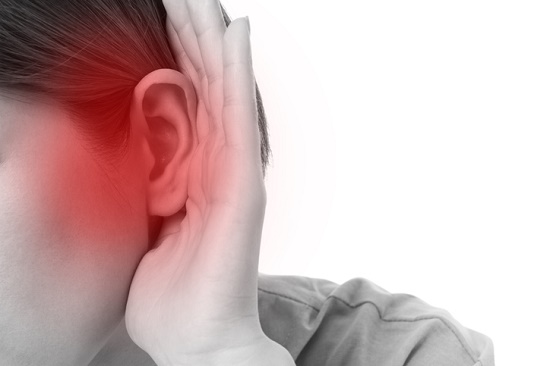
Hearing loss is only an issue for older people, right?
Not exactly. While it’s a fact that your chances of developing hearing loss increase as you age, you can, in truth, develop hearing loss at any age.
As indicated by the NIDCD, 26 million Americans age 20 to 69 have high-frequency hearing loss from being exposed to loud sounds at work and during leisure activities. And that includes 1 in 14 generation Xers, age 29-40, who already have hearing loss.
Seeing as hearing loss can hit at any age, it’s imperative to understand the indicators as they’re commonly discreet and difficult to notice.
Here are eight silent signs of hearing loss that should prompt you to get a hearing test.
1. Ringing or buzzing in the ears
Have you ever returned home from a loud live concert and observed a ringing or buzzing in your ears?
If so, that means you’ve harmed the nerve cells of hearing in your inner ear. If it’s only taken place a couple of times, the harm is most likely transient and minimal. But continued exposure or one-time direct exposure to very loud sounds could create irreparable damage and hearing loss.
If you continue to hear ringing in your ears, you should schedule a hearing test as this is one of the first signs of hearing damage. And if skipping future concerts is not an option for you, your hearing professional can help you avoid further injury with custom-fit earplugs.
2. Balance issues
Your hearing and balance are intricately interconnected. In fact, a large component of your ability to stay balanced is the result of elaborate structures within the inner ear.
If you find that you’ve been more clumsy as of late, the problem may in fact be with your ears. In fact, a study by Johns Hopkins University determined that those with hearing loss were three times more likely to have a history of falling, depending on the degree of hearing loss.
3. Memory problems
Your short-term or working memory is quite limited, able to deal with only a few items for a short time period. That indicates that you don’t have time to get caught up on missed words during fast moving discussions.
With hearing loss, speech comprehension is compromised as you can entirely miss or misinterpret the speaker’s words or statement. This manifests at a later time when you can’t call to mind significant information.
4. Painful sounds
When you lose your hearing, you may become exceedingly sensitive to certain sounds, to the point where they cause pain or discomfort.
The technical term for this is hyperacusis, and you’ll want to contact a hearing professional if the problem persists or becomes intolerable.
5. Listening fatigue
Imagine spending the day working hard to decipher meaning from half-heard words and phrases and replying to questions you didn’t fully hear. That level of attention can wear you out fast.
If you discover that you’re far too tired at the end of the day, hearing loss may be to blame.
6. Trouble hearing in groups
Early stage hearing loss normally doesn’t present itself during one-on-one discussions or in tranquil environments. Most often, hearing loss only becomes an issue in the presence of background noise or in group situations.
7. Not hearing calls or alarms
Hearing loss is most of the time tough to notice or identify as it grows little by little each year. In many cases, friends and family members will notice the hearing loss before the person suffering from it does.
However, there are some warning signs you can watch for, including the inability to hear alarms or calls, the doorbell, or the television at normal volume.
8. Difficulty hearing movie dialogue
With hearing loss, you may have particular problems hearing the conversations in shows and movies. That’s because most cases of hearing loss affect high-frequency sounds to the greatest degree, and speech is a high-frequency sound.
It’s never too early to attend to your hearing health. If you experience any of these signs or symptoms, schedule an appointment with your local hearing professional.